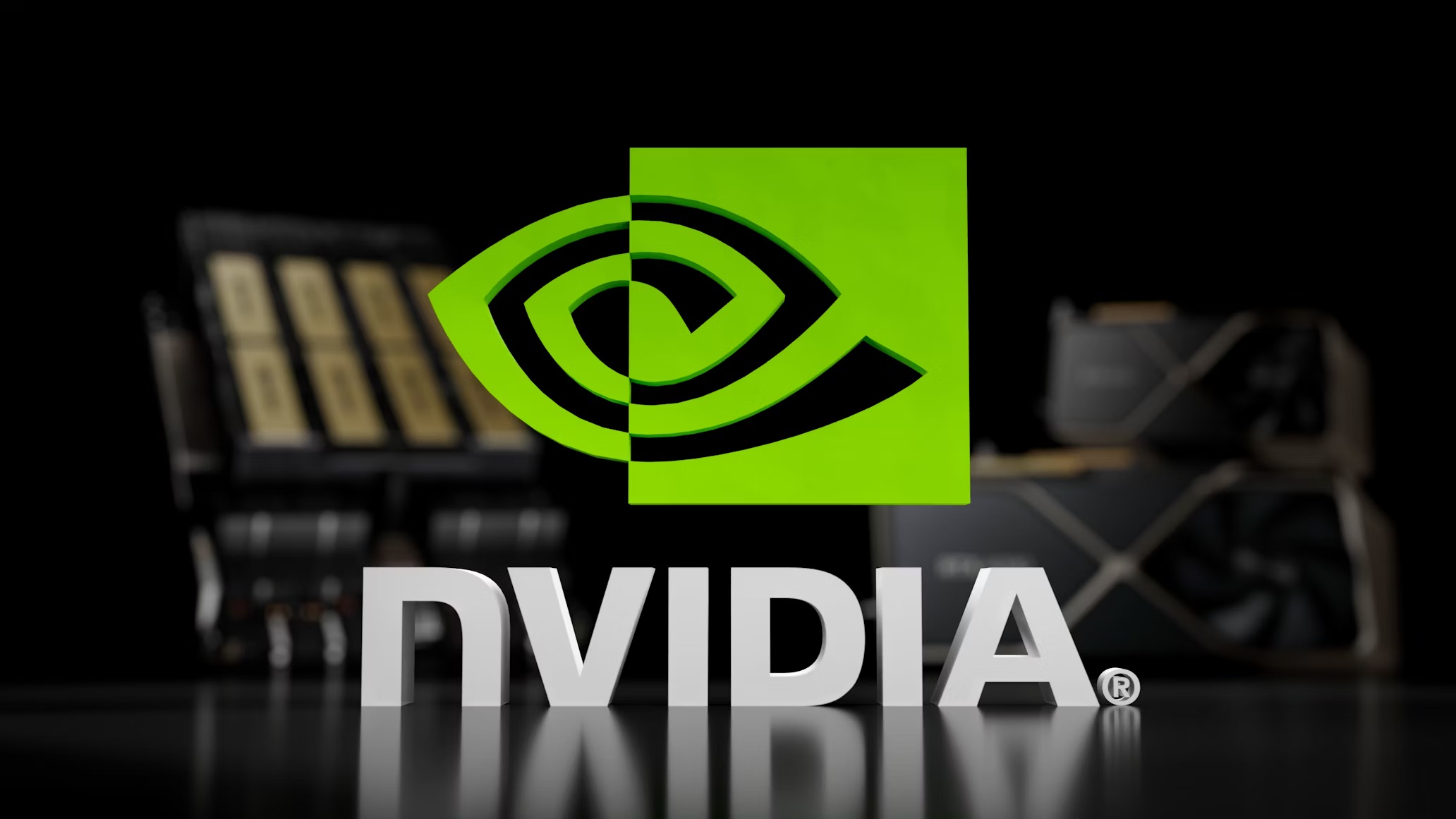
Nvidia has firmly denied that its chips contain any “backdoors” enabling unauthorized access or control, following a meeting between its officials and Chinese regulators over concerns related to its H20 AI chip.
Meeting with Chinese Regulators on Security Concerns
The Cyberspace Administration of China (CAC) summoned Nvidia representatives on Thursday to address national security risks linked to the H20 chips, which had faced an effective export ban to China in April. Despite assurances from Washington allowing the resumption of shipments, Beijing has increased scrutiny on these AI processors.
CAC requested Nvidia to provide detailed documentation clarifying potential security vulnerabilities, including any backdoors, in its H20 chips.
The regulator claimed that Nvidia’s AI chips may contain serious security risks, citing concerns about “tracking and positioning” and “remote shutdown” capabilities highlighted by American AI experts.
In May, U.S. lawmakers, led by Senator Tom Cotton and Representative Bill Foster, introduced the U.S. Chip Security Act. This legislation would mandate advanced security features and location tracking in semiconductor chips, with experts noting that tracking technology is already embedded in Nvidia’s products.
Geopolitical Challenges for Nvidia
Heightened scrutiny from Beijing poses additional geopolitical challenges for Nvidia CEO Jensen Huang, who must navigate U.S. export restrictions while maintaining access to China’s lucrative market. Huang had recently announced plans to resume H20 chip sales during a visit to Beijing, shortly after meeting President Donald Trump.
The company had taken a $4.5 billion writedown in May on unsold H20 inventory due to export limitations and noted that its last quarter’s sales would have been $2.5 billion higher without curbs.
Despite these hurdles, Nvidia is moving forward with demand from China, reportedly placing orders for 300,000 H20 chipsets with contract manufacturer TSMC this week.
What The Author Thinks
The tension between safeguarding national security and fostering global technological commerce is an increasingly difficult balance. Nvidia’s situation exemplifies how semiconductor companies must walk a tightrope—innovating cutting-edge AI hardware while managing political pressures from powerful governments. It’s clear that in today’s world, technology companies are not just market players but key actors in international relations, and success depends as much on diplomacy as on engineering.
Featured image credit: Mariia Shalabaieva via Unsplash
For more stories like it, click the +Follow button at the top of this page to follow us.
